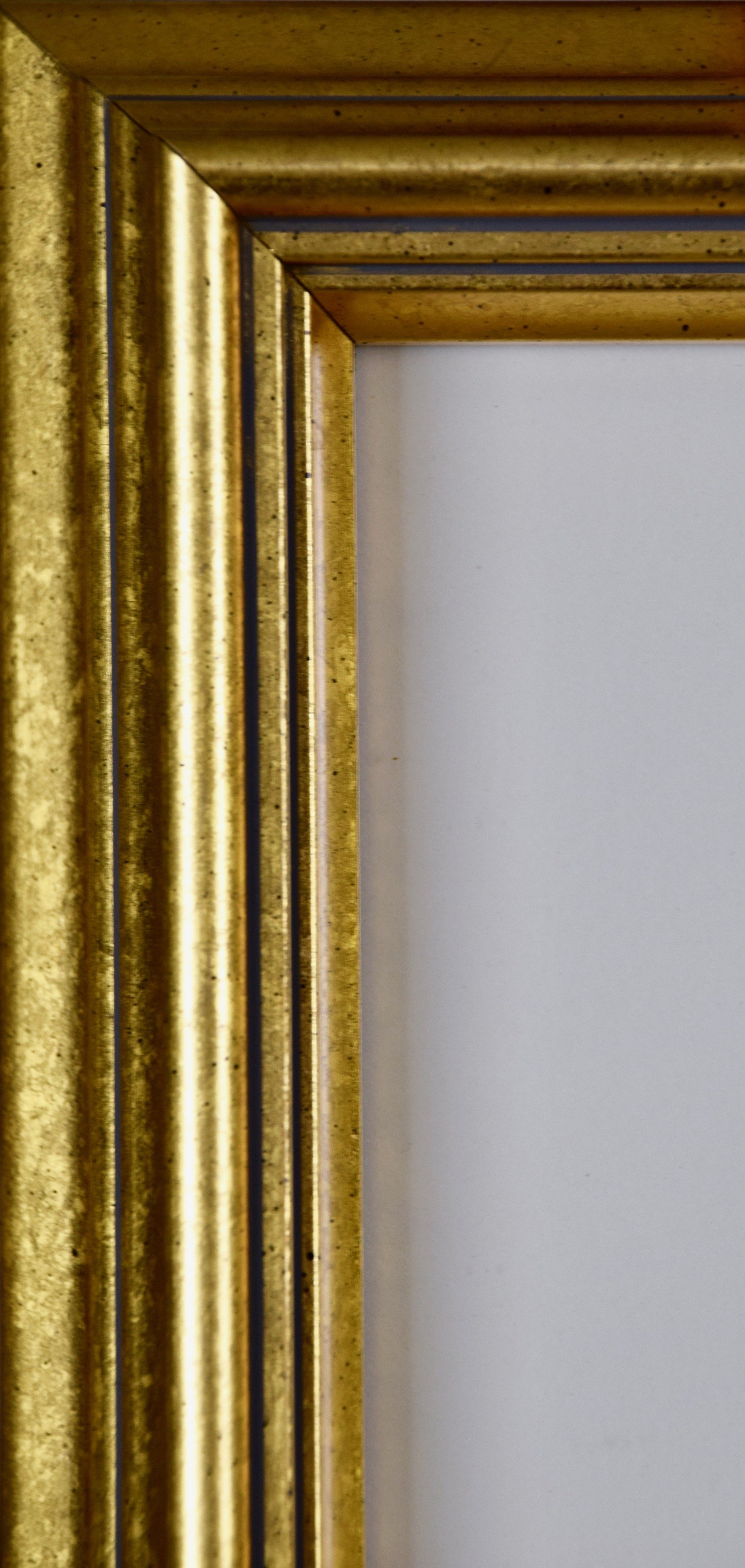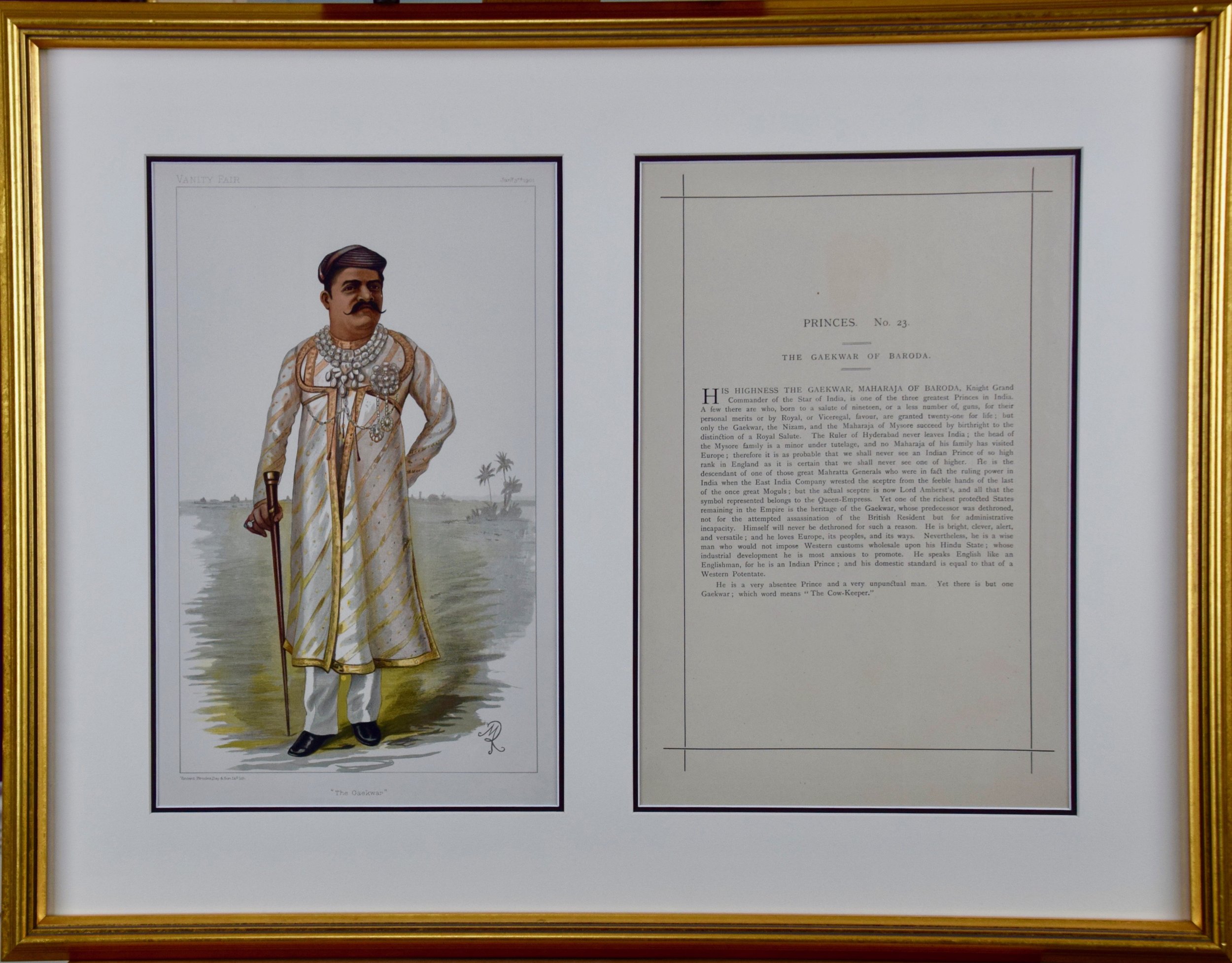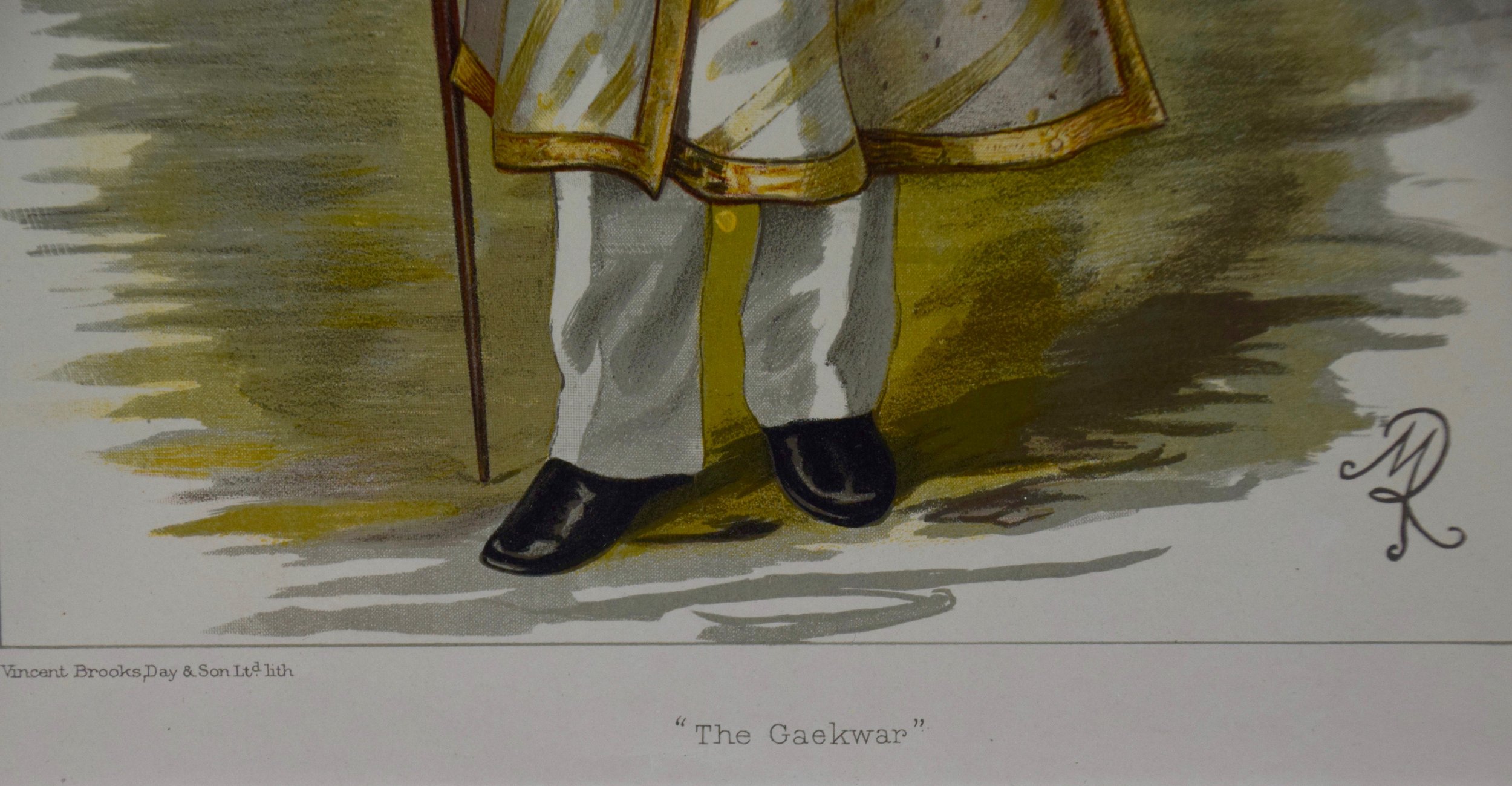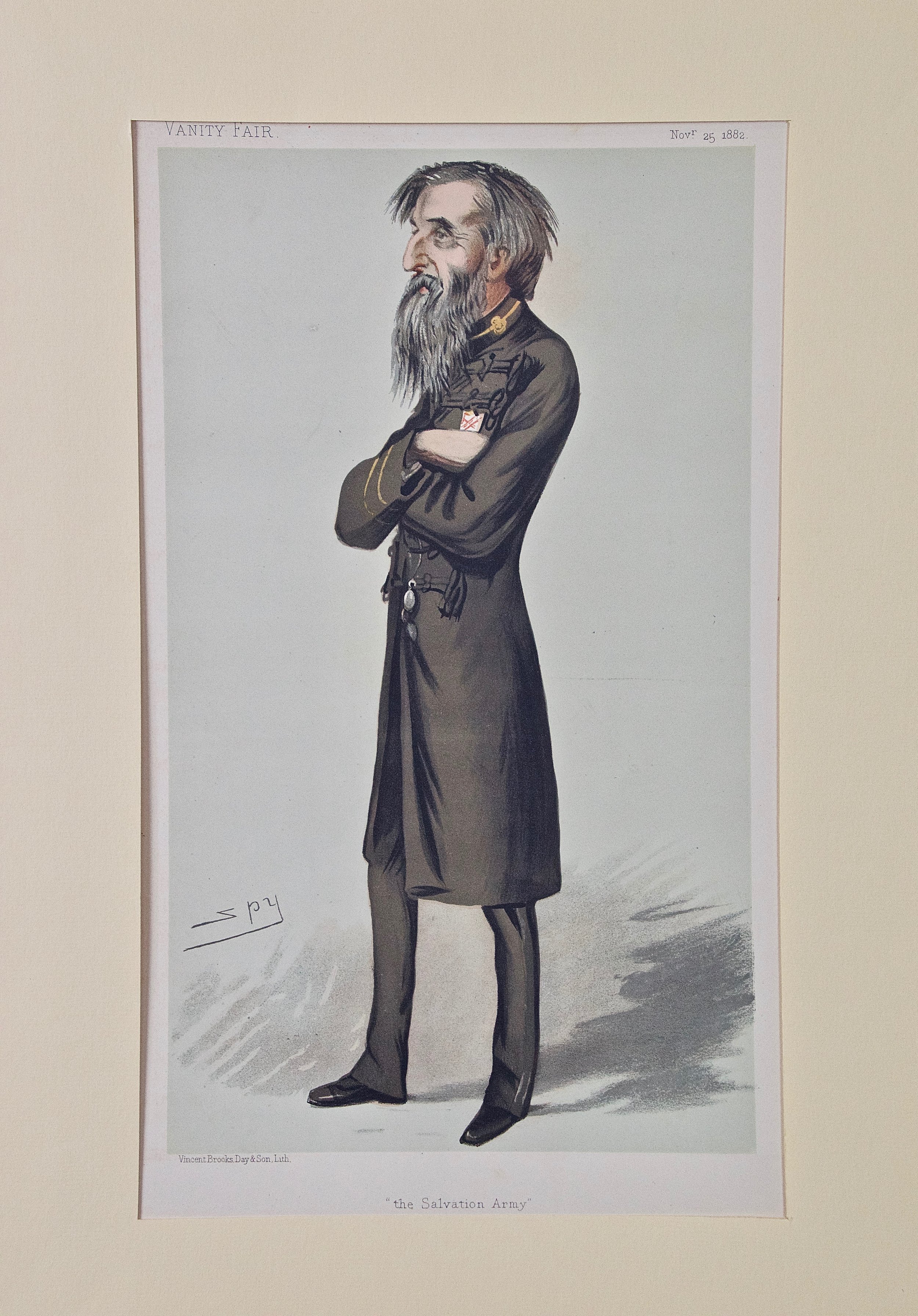 Image 1 of 5
Image 1 of 5

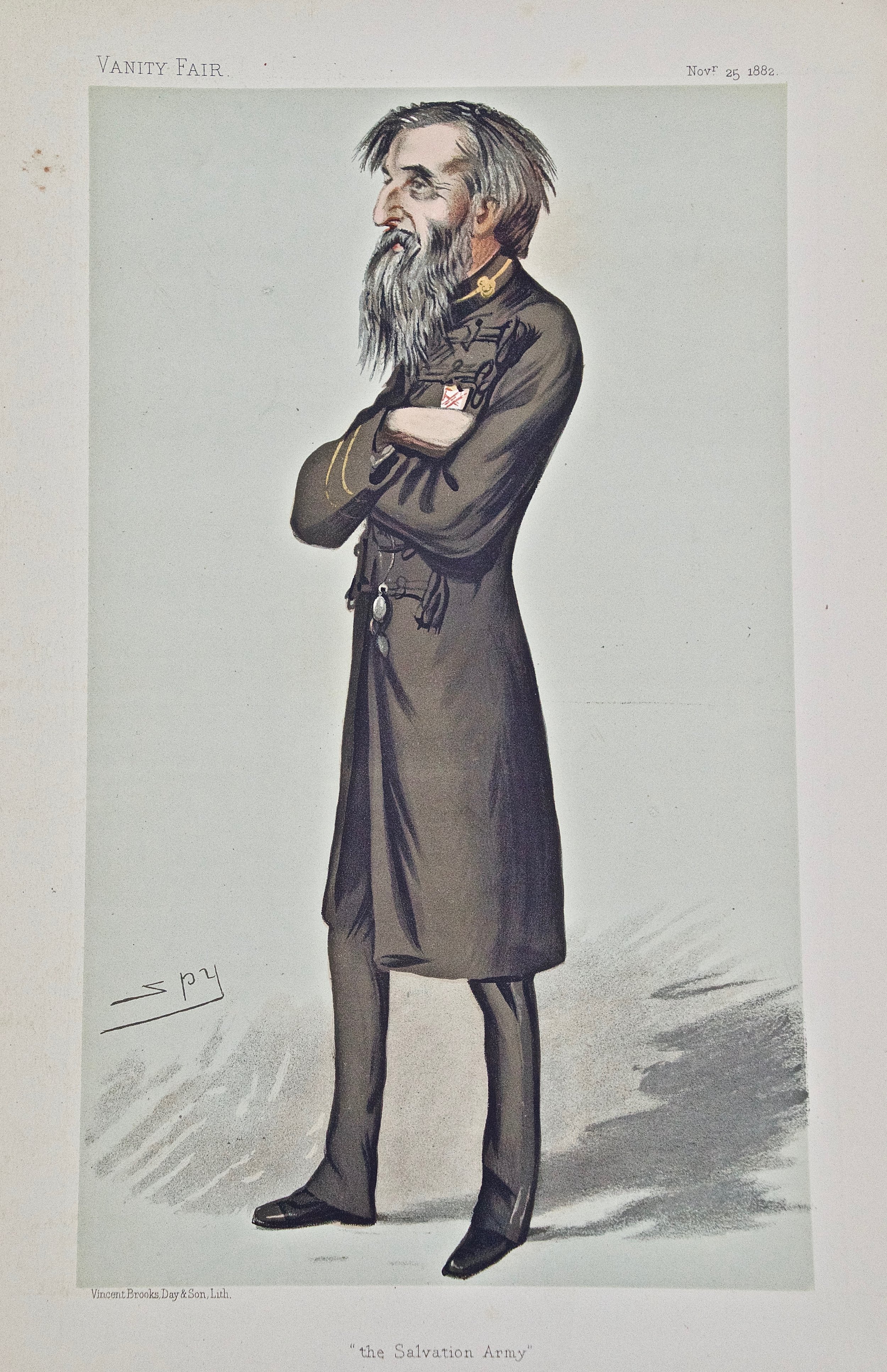 Image 2 of 5
Image 2 of 5

 Image 3 of 5
Image 3 of 5

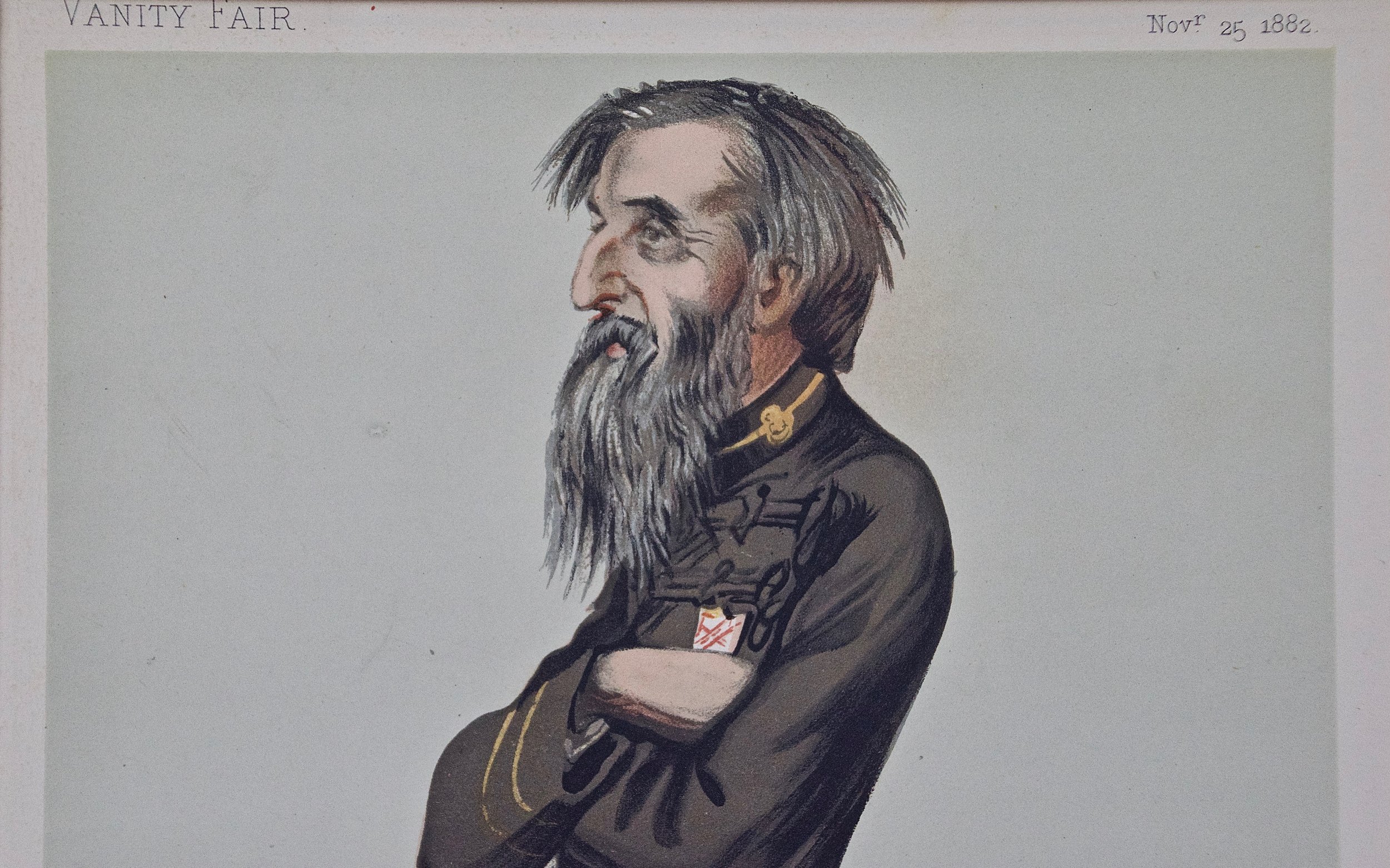 Image 4 of 5
Image 4 of 5

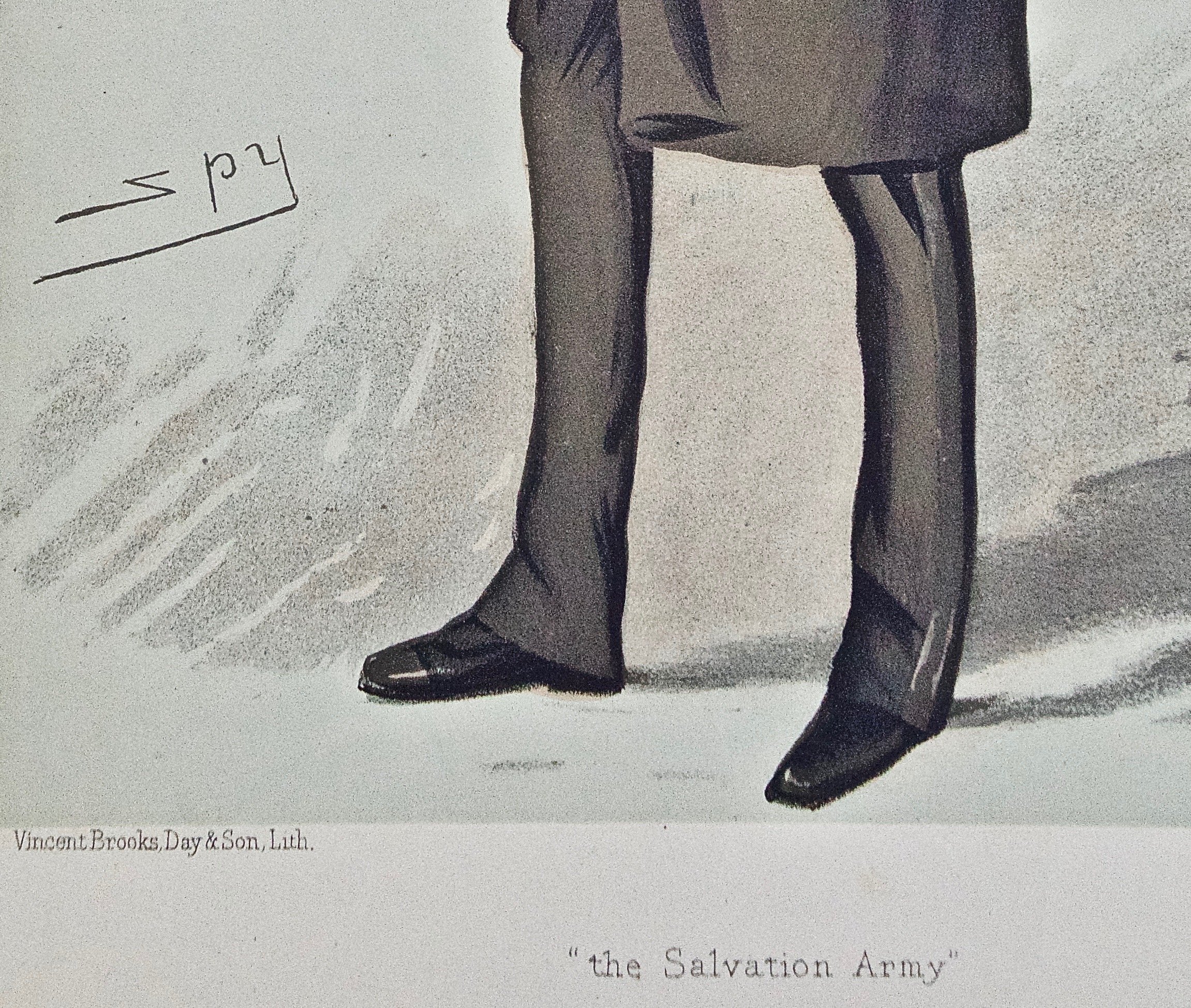 Image 5 of 5
Image 5 of 5






William Booth, Founder of "The Salvation Army": A 19th C. Vanity Fair Caricature
This is a 19th century Vanity Fair color chromolithograph caricature of William Booth "The Salvation Army" by Spy (Leslie Ward) November 25, 1882, No. 267 from the "Clergymen" series. William Booth (1829-1912) was an English Methodist preacher who founded The Salvation Army and became its first General. Booth began an evangelical ministry in the East End of London in 1865. He established mission stations to feed and house the poor and in 1878 changed the name of his organization to the Salvation Army. He and his son, William Bramwell Booth, gradually established the Army on a military pattern, with the elder Booth as general for life. It spread quickly over Britain and then expanded internationally.
Creator: Sir Leslie Ward
Creation Year: 1882
Dimensions: Height: 18.88 in (47.96 cm) Width: 13 in (33.02 cm)
Medium: Lithograph
Condition: See description below.
This is a 19th century Vanity Fair color chromolithograph caricature of William Booth "The Salvation Army" by Spy (Leslie Ward) November 25, 1882, No. 267 from the "Clergymen" series. William Booth (1829-1912) was an English Methodist preacher who founded The Salvation Army and became its first General. Booth began an evangelical ministry in the East End of London in 1865. He established mission stations to feed and house the poor and in 1878 changed the name of his organization to the Salvation Army. He and his son, William Bramwell Booth, gradually established the Army on a military pattern, with the elder Booth as general for life. It spread quickly over Britain and then expanded internationally.
Creator: Sir Leslie Ward
Creation Year: 1882
Dimensions: Height: 18.88 in (47.96 cm) Width: 13 in (33.02 cm)
Medium: Lithograph
Condition: See description below.
This is a 19th century Vanity Fair color chromolithograph caricature of William Booth "The Salvation Army" by Spy (Leslie Ward) November 25, 1882, No. 267 from the "Clergymen" series. William Booth (1829-1912) was an English Methodist preacher who founded The Salvation Army and became its first General. Booth began an evangelical ministry in the East End of London in 1865. He established mission stations to feed and house the poor and in 1878 changed the name of his organization to the Salvation Army. He and his son, William Bramwell Booth, gradually established the Army on a military pattern, with the elder Booth as general for life. It spread quickly over Britain and then expanded internationally.
Creator: Sir Leslie Ward
Creation Year: 1882
Dimensions: Height: 18.88 in (47.96 cm) Width: 13 in (33.02 cm)
Medium: Lithograph
Condition: See description below.
This lithograph is presented in a mat and backing, which is protective, but not intended for framing. The text page describing the subject of the caricature portrait is included. The sheet and text page are attached to the backing with archival tape. The mat measures: 18.88" high by 13" wide and the sheet measures: 15.13" high by 10.38" wide. There is spotting under the mat in the periphery of the upper left margin, but it is not visible with the mat in place. The print is otherwise in very good condition.
From 1868 until February 5, 1914, Vanity Fair, a weekly magazine of social, literary and political content, was very popular in Victorian and later, Edwardian England. The most popular of its features were the full page caricatures of famous men and women of the day which included their biographies, which remains the magazines lasting legacy. Vanity Fair's most famous artists were Carlo Pellegrini who signed his works “Ape” and Leslie Ward, known as “Spy”, but many other artists and writers contributed caricatures and prose to the publication, including Lewis Carroll, Willie Wilde, P. G. Wodehouse, Jessie Pope and Bertram Fletcher Robinson.
Thomas Gibson Bowles was the founder, owner, and editor of the magazine until 1889. He described the images as "grim faces made more grim, grotesque figures made more grotesque, and dull people made duller by the genius of our talented collaborator 'Ape'; but there is nothing that has been treated with a set purpose to make it something that it was not already originally in a lesser degree."






